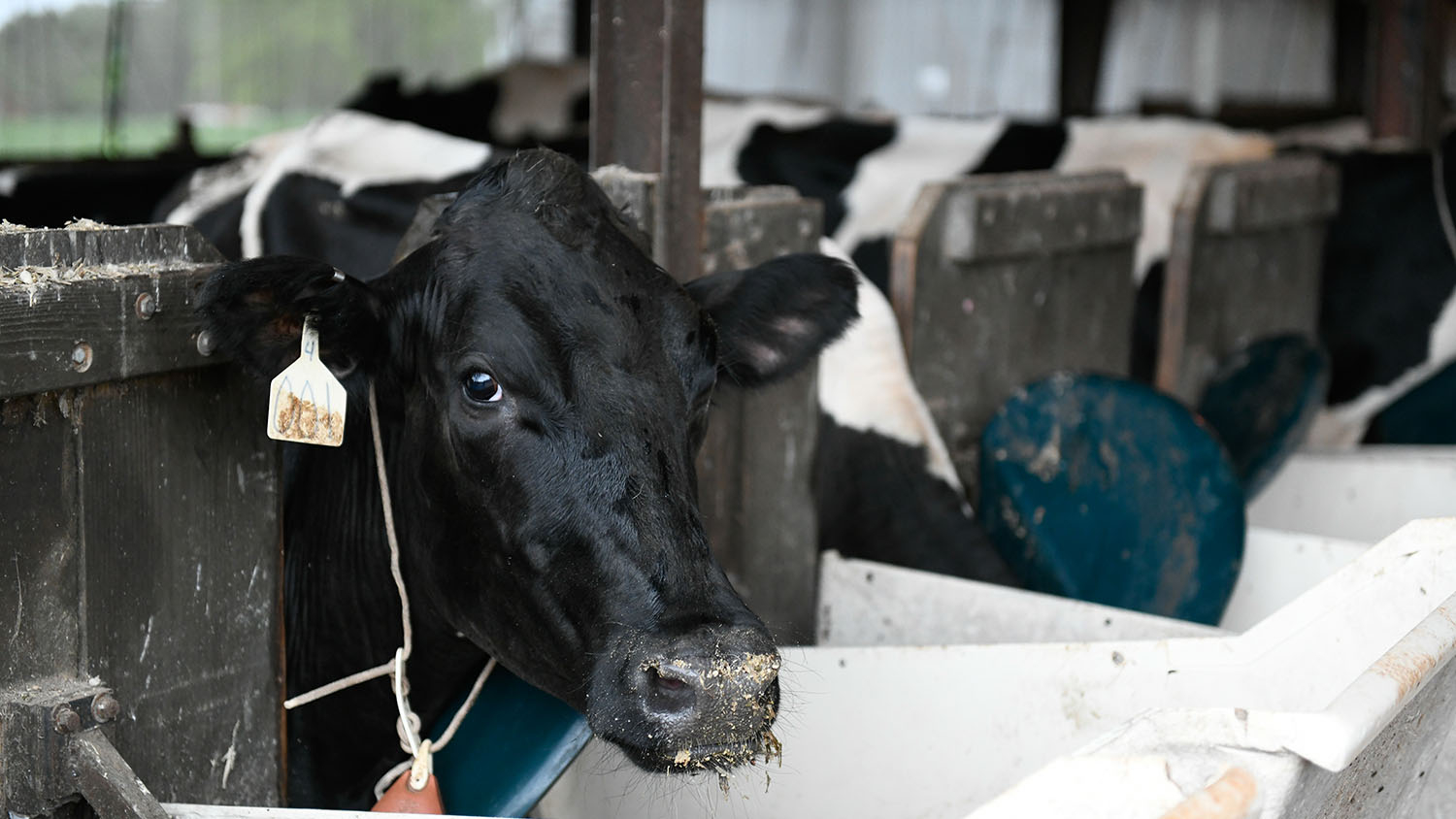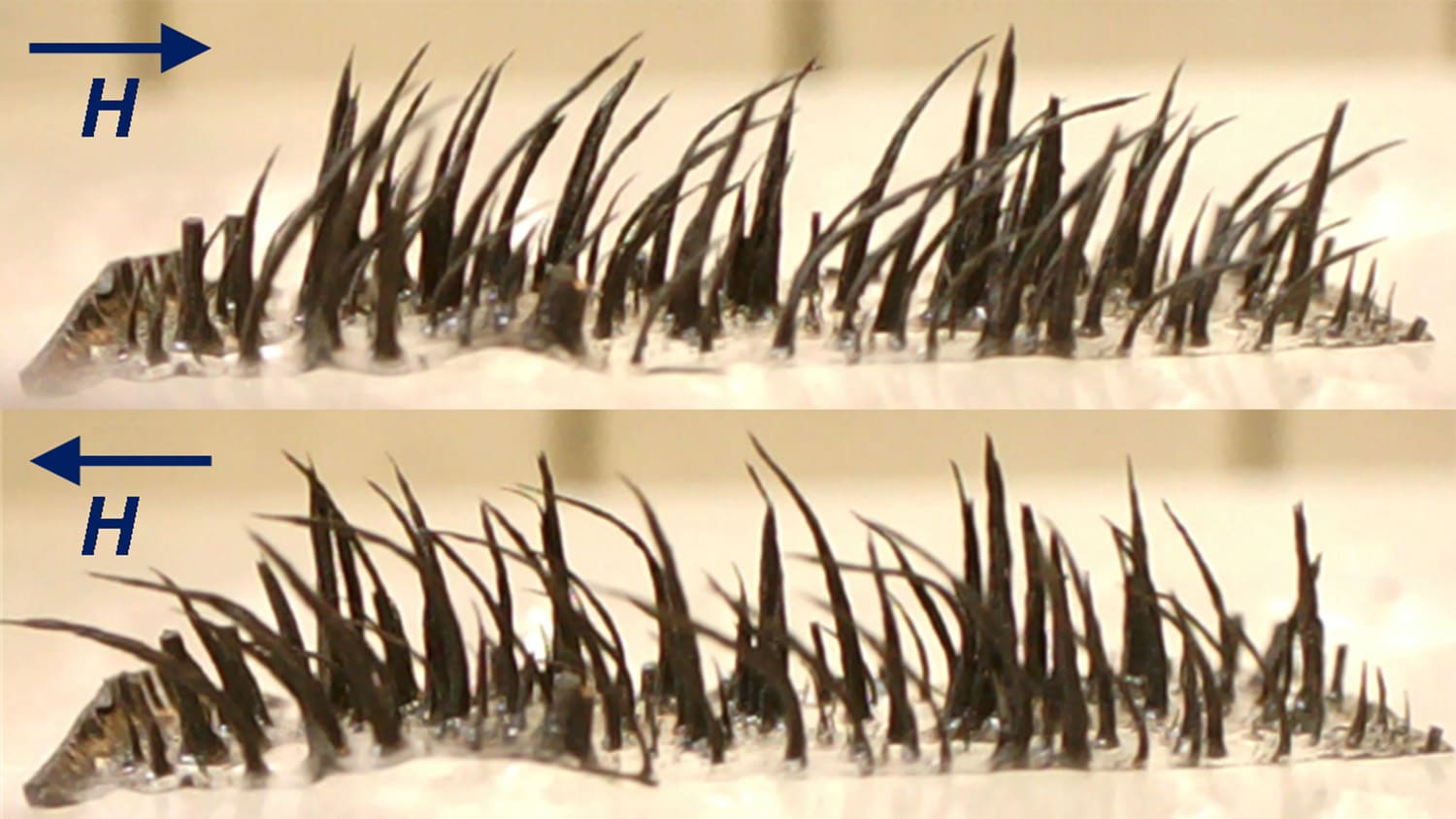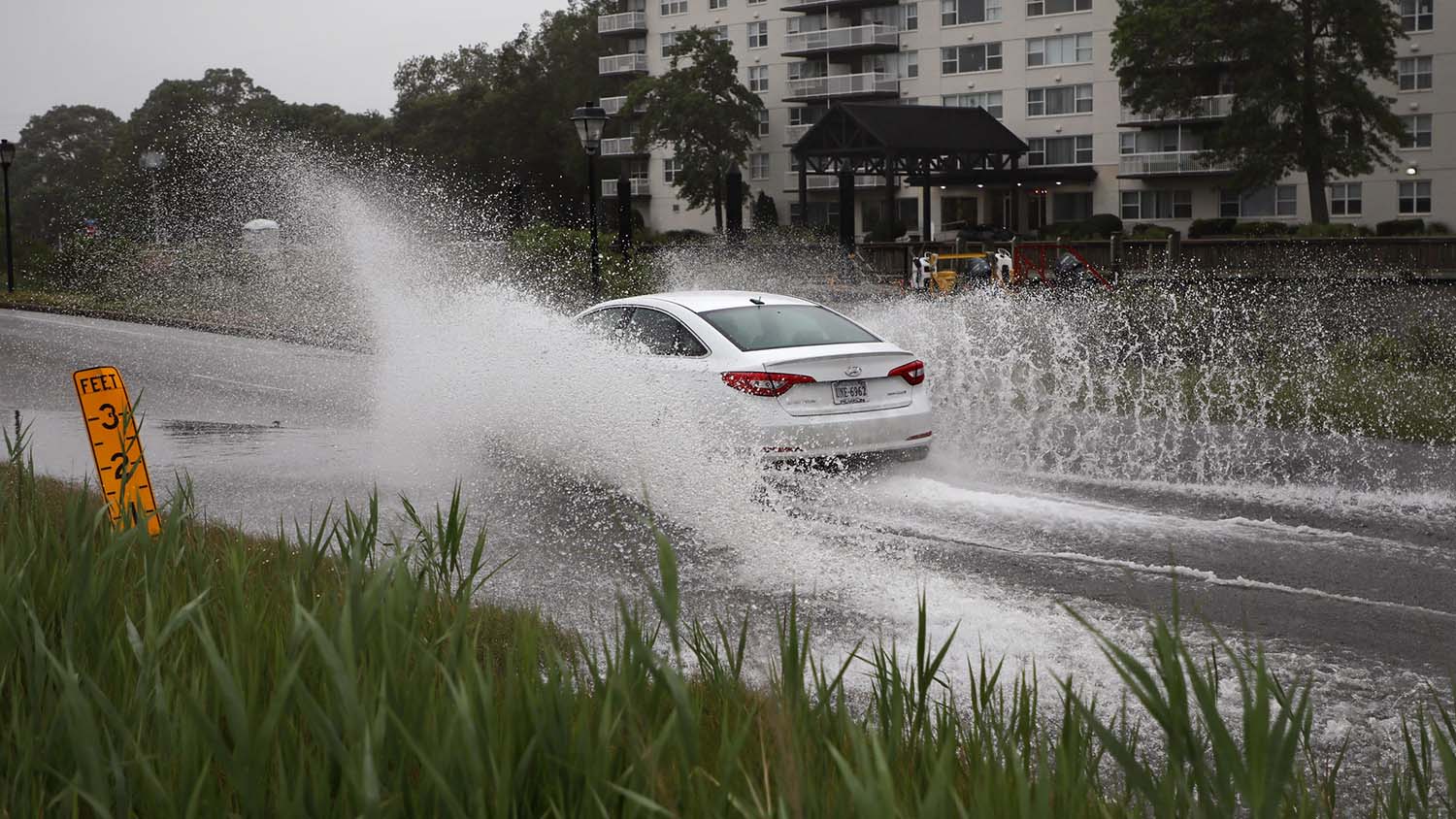Extreme Makeover
Inside a makeshift garage at the west end of the NC State campus, students move hurriedly around a stripped-down SUV, but always with a purpose. Under the leadership of graduate students Ali Seyam, Abram Harder, and Mike Joslin in the Department of Mechanical and Aerospace Engineering (MAE), the team is recreating the vehicle for the EcoCAR Challenge to be more energy-efficient while retaining plenty of consumer appeal.
NC State is one of 16 universities participating in the three-year EcoCAR competition, sponsored by the Department of Energy, Argonne National Laboratory, and General Motors.
Students spent the first year designing their vehicle’s drive train and battery system, using computer simulations to refine their efforts. This year, hands-on work took center stage, as the team ripped apart a donated Saturn Vue, installed both a high-voltage battery and small diesel engine, and got the refurbished SUV on the road.
In the final year, they will focus on optimizing all systems, from computer controls to emissions, and on outreach efforts to extol energy efficiency.

“The competition really prepares our students to become the next generation of automotive engineers,” said Terry Gilbert, an MAE faculty member and EcoCAR team adviser.
Team members chose to build a battery-powered car — the diesel engine drives a generator to recharge the battery — because it offered the best combination of low emissions and ability to handle distance driving.
“We’re taking a pragmatic approach to everything,” said Seyam, who’s been fascinated by automotive electronics since childhood and who helped write the proposal a few years ago that got NC State into the competition. In another pragmatic move to reduce the vehicle’s weight, the team used composite materials instead of a metal box to house the battery in the back of the SUV.
The team’s safety precautions for working with high-voltage batteries have so impressed EcoCAR organizers that they ordered all other competitors to follow NC State’s lead.
“Safety is important in the competition, and the finished vehicle is supposed to be consumer-ready,” said Harder, who joined the team because he wanted to work with green technologies.
Joslin, who signed up because he had experience with the software to design the control systems, says team members have confronted issues in a range of engineering disciplines, all of which prepare them better for their future careers.
“After running so many simulations,” he said, “it’s nice to see the car actually work and to be able to drive it around.”
Editor’s Note: This article originally appeared in the “Transportation Technologies” (Summer 2010) issue of Results: Research at NC State University, published three times yearly by the Office of the Vice Chancellor for Research.
- Categories:


